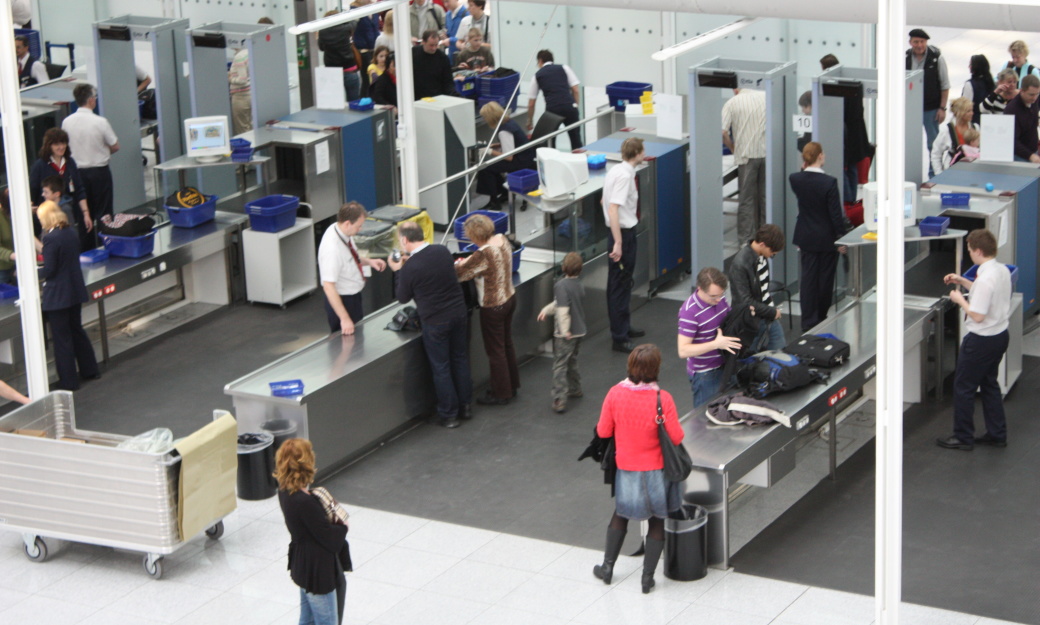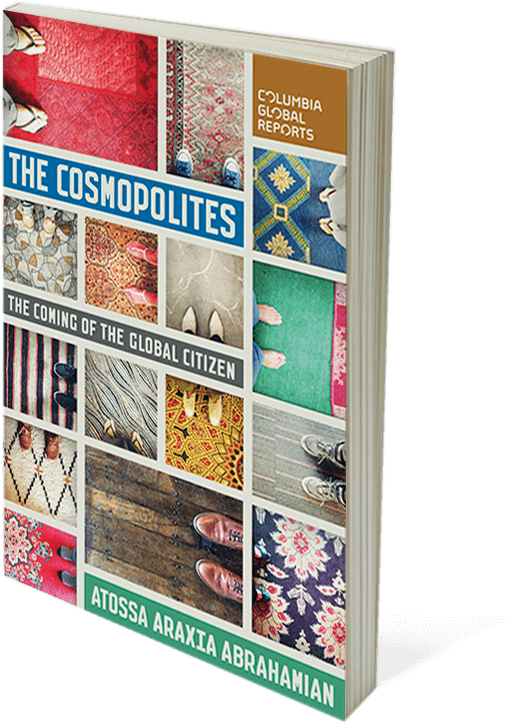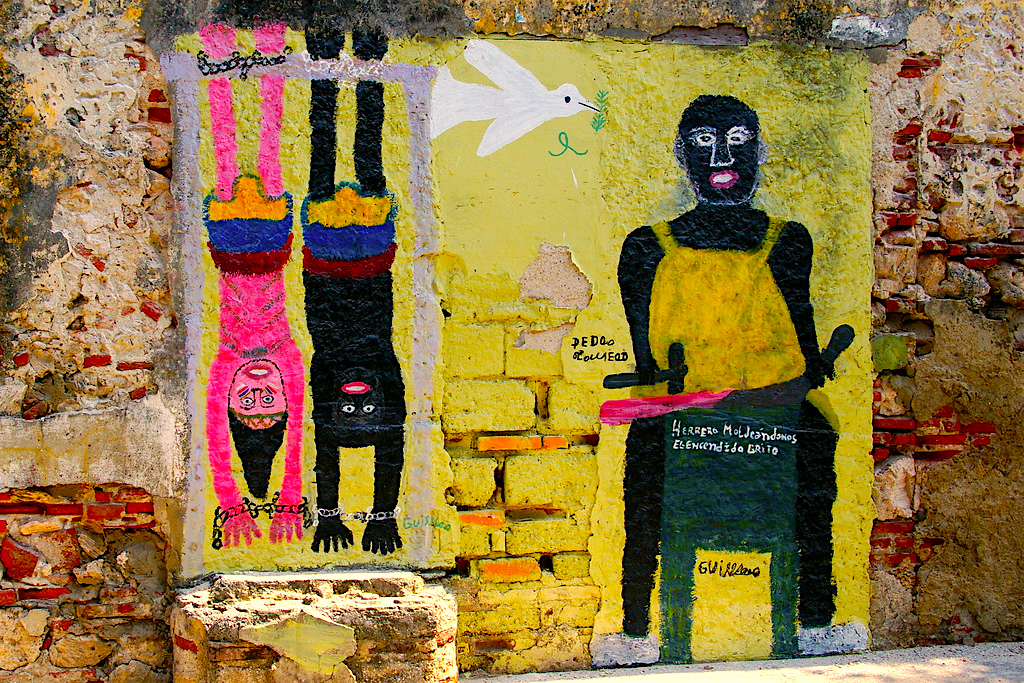America’s Latest, Bizarre 'Visa Diplomacy'

This week, Rana Rahimpour, a journalist for the BBC who has dual British and Iranian citizenship, was informed that she and her young daughter did not have the appropriate paperwork to fly to the U.S. The pair was prevented from boarding their flight, and Rahimpour’s daughter missed her cousin’s surprise birthday party. Iranians all over the world expressed their outrage over Rahimpour’s treatment on listservs, Facebook and Twitter, pointing out that this was no way to re-establish ties between the U.S and Iran in the wake of the lifting of economic sanctions over Iran’s nuclear program.
 British citizens, along with citizens of 37 other countries, are allowed to travel to the U.S visa-free. So why was Rahimpour denied entry? The cause of this incident comes from a law the U.S. Congress approved late last year. The law states that even though citizens of those 38 nations can enter visa-free, if they also hold dual citizenship from Syria, Sudan, Iraq, and Iran, or have visited any of those four countries in the last five years, they must now obtain special permission before traveling to the U.S.
British citizens, along with citizens of 37 other countries, are allowed to travel to the U.S visa-free. So why was Rahimpour denied entry? The cause of this incident comes from a law the U.S. Congress approved late last year. The law states that even though citizens of those 38 nations can enter visa-free, if they also hold dual citizenship from Syria, Sudan, Iraq, and Iran, or have visited any of those four countries in the last five years, they must now obtain special permission before traveling to the U.S.
This means that an Iranian-French citizen, or a Syrian-Spanish person, needs to obtain a visa even when entering the U.S. on her European passport, regardless of her actual ties to Iran or Syria. This effectively creates two classes of Europeans based on national origin.
On paper, it’s an incredibly far-reaching and discriminatory policy. It is also one that could affect Americans with Syrian, Iraqi, Sudanese, or Iranian nationality if European countries adopt reciprocal legislation.
The news was a huge blow to dual citizens of all the affected countries. Iran has a sizable diaspora of dual nationals in Europe. And for decades, Iranians who have the means to have been preoccupied with getting a second passport for themselves and their children precisely to avoid jumping through hoops in order to travel.
My own Iranian-born parents traveled to Canada (where I have family) some weeks before my due date so that I could be born a Canadian citizen. I know Russians, East Asians, and other Middle Easterners whose parents pulled the same trick; the practice is referred to in derogatory terms as “birth tourism.” As many scholars have argued, virtually every way to allocate citizenship is unfair—the political scientist Joseph Carens even called citizenship a form of feudalism. The idea of jus soli, or birthright citizenship, leaves you with only the arbitrariness of where you, or your parents, were born. If natural-born citizenship is unfair, one should be able to overcome the unfairness by naturalizing and contributing to a naturalized community. Faced with a lifetime of red tape and restrictions unless they are born with another, better citizenship, what parent wouldn’t try to secure this opportunity for their child if they had the means to? The new rules are in effect saying that this is true—unless you're from Syria, Iran, Sudan, or Iraq.
The new rules aren’t debilitating; it’s not impossible to obtain a long-term multiple-entry visa as an Iranian, Syrian, Sudanese, or Iraqi. But they’re an obvious inconvenience to those who happen to have been born with dual nationality.
But more importantly, they’re downright insulting to citizens of Iran, Iraq, Syria, and Sudan who have spent years naturalizing and playing a part in their new communities.
The law sends an un-American message: you might be “self-made,” but you’ll never be rid of the stigma of where you, or even just your parents, were born.
Iranians who don’t have dual nationality with a U.S.-friendly country have been subject to insulting and peculiar rules like these for decades. Countries decide who to let in and who to keep out, and they frequently engage in a tit-for-tat by putting restrictions on the movement of each other’s citizens. This is called “visa diplomacy,” and the new rules are America’s latest deployment of it, this time specifically targeting Syria, Sudan, Iraq, and Iran.
The privilege of free entry can be taken away for many reasons, including visitors overstaying their welcome, but also if a country seems to be running afoul of convention. For example, Canada revoked visa waiver privileges from the island nation of St. Kitts and Nevis two years ago because it was concerned that the Caribbean country’s booming “citizenship by investment” business was a conduit for criminal activity.
Visa diplomacy can get even more outlandish. My mother, who is a dual citizen of Switzerland and Iran, worked at the United Nations in New York between 2005 and 2008 and was given a visa that allowed her to come in and out of the U.S. as she pleased—except she was not permitted her to travel beyond a 25-mile radius of Columbus Circle, in Manhattan, without special permission, which was granted haphazardly and on multiple occasions prevented her from taking connecting flights in U.S. cities.
I’m fortunate to not be subject to this new set of bizarre rules at the moment, largely thanks to a technicality: I routinely enter the U.S. as a Canadian on a work permit, not as a European-Iranian benefiting from the visa waiver program (though I am both Iranian and Swiss). But my Swiss-Iranian mother might find it difficult to visit me this summer, as she had planned to for months. There’s been next to no clarity regarding the new policy, and it’s as frustrating as it is Kasfkaesque. It’s becoming clear that this ruthless form of visa diplomacy hurts ordinary people, not their governments, and will create unnecessary resentment among Iranians who are otherwise thrilled with developments in U.S.-Iranian diplomacy.
